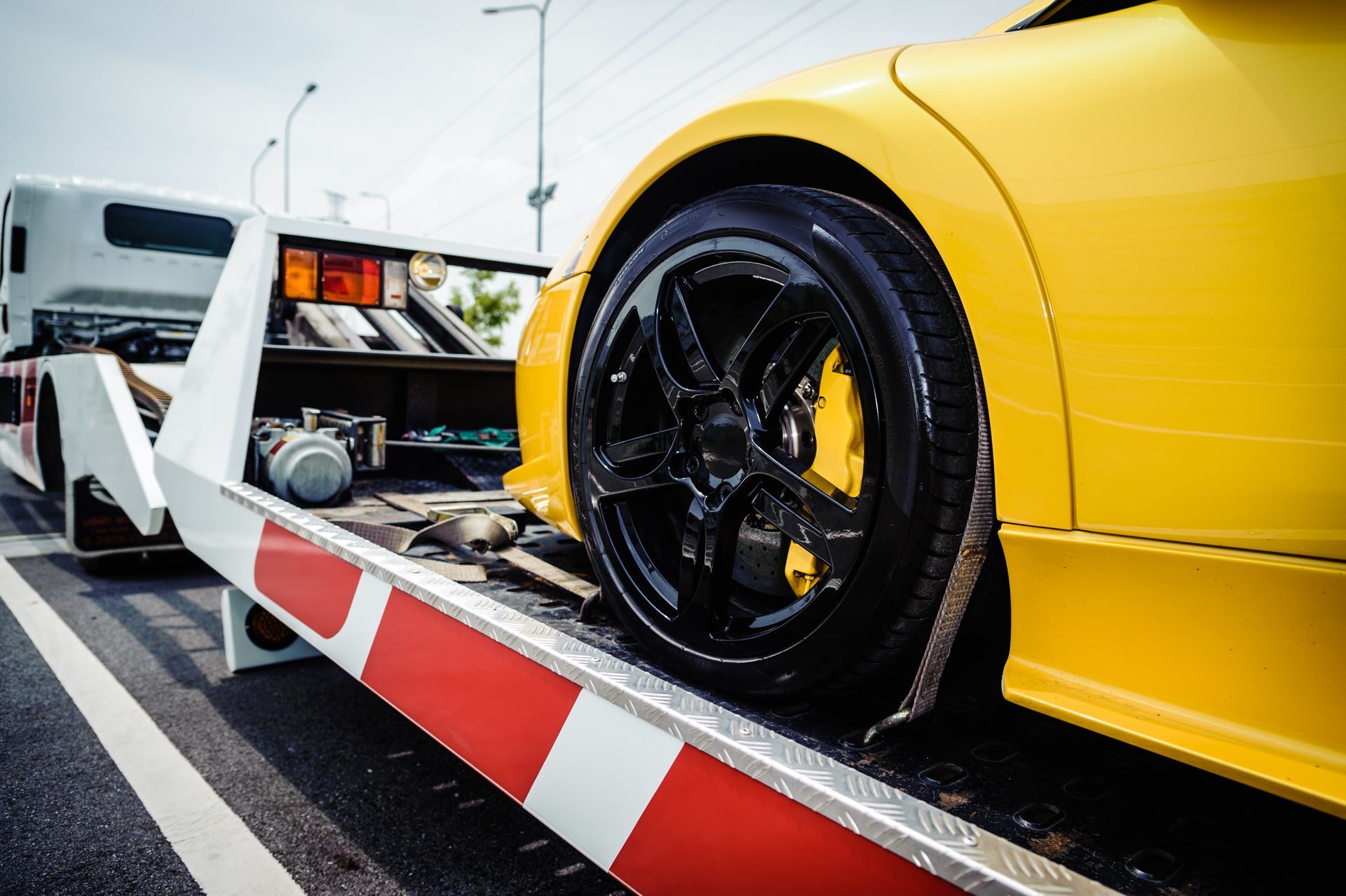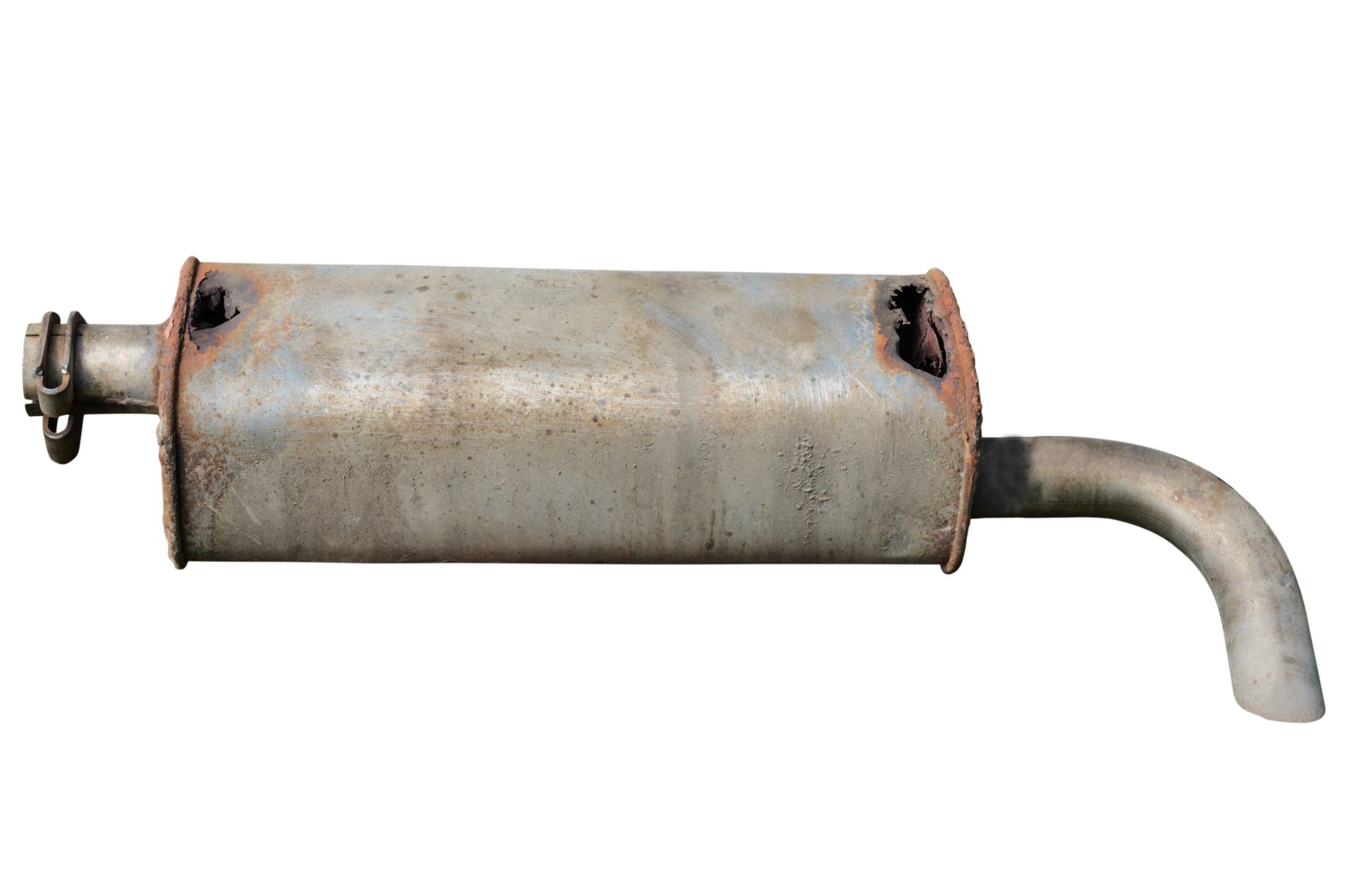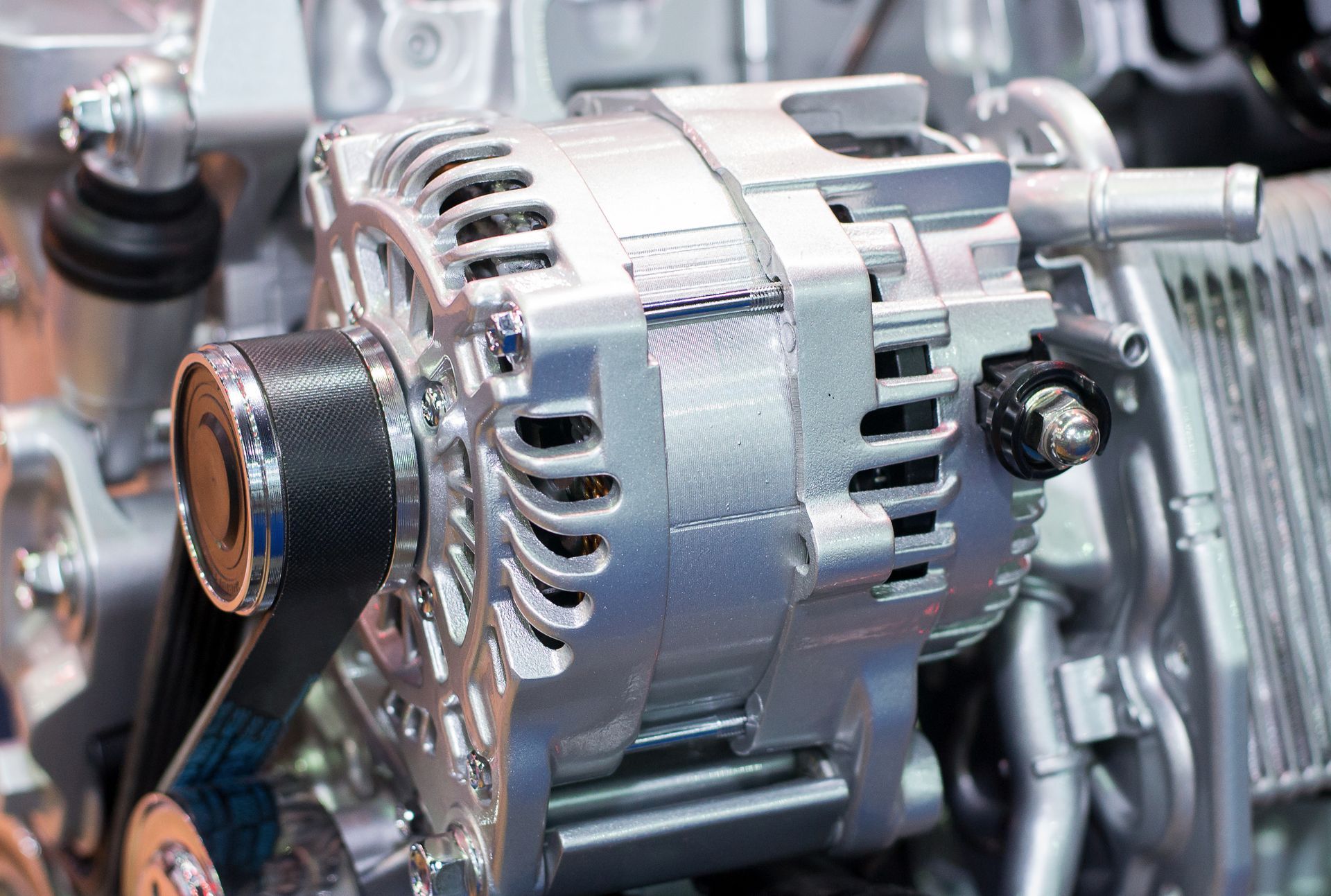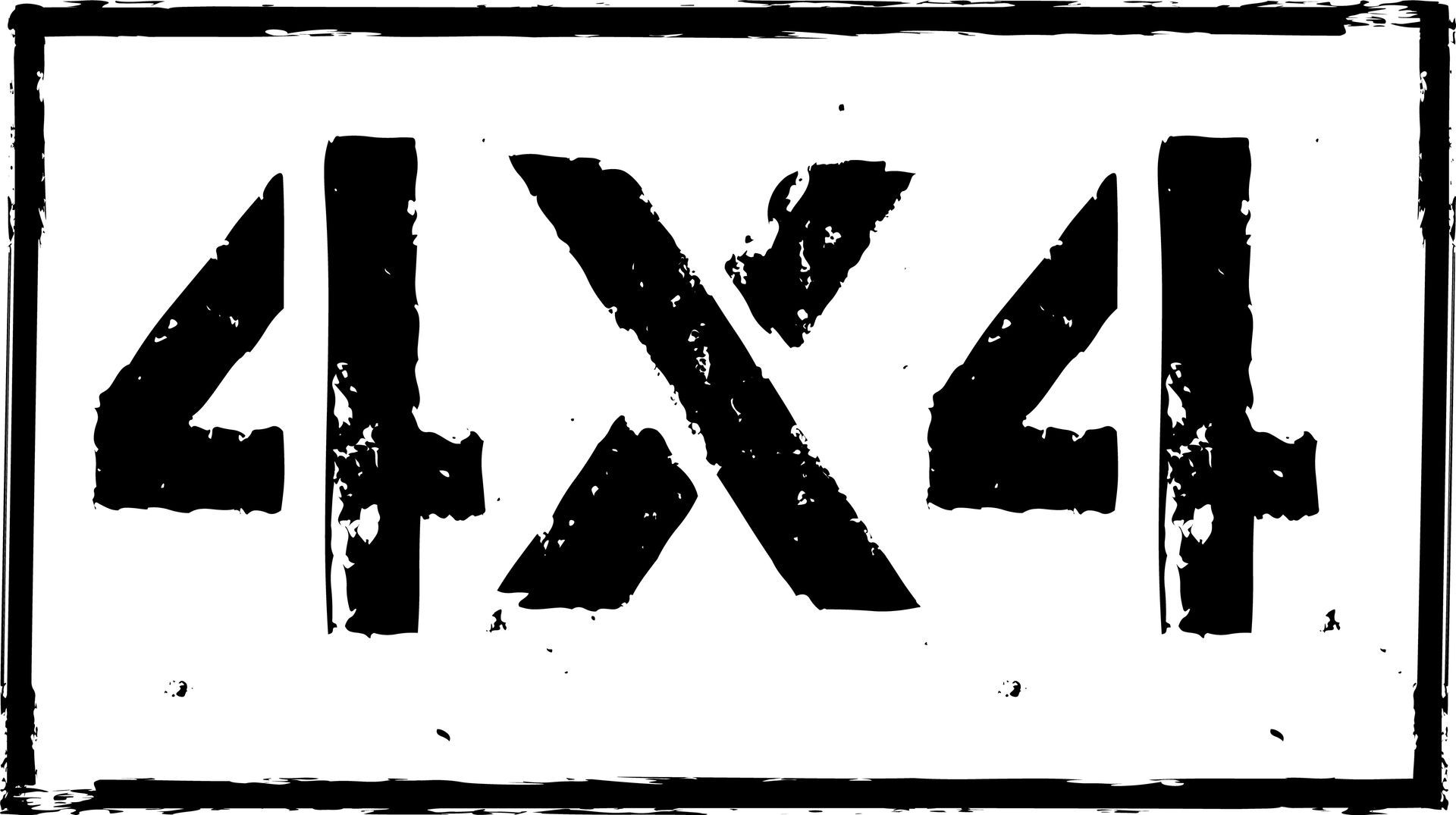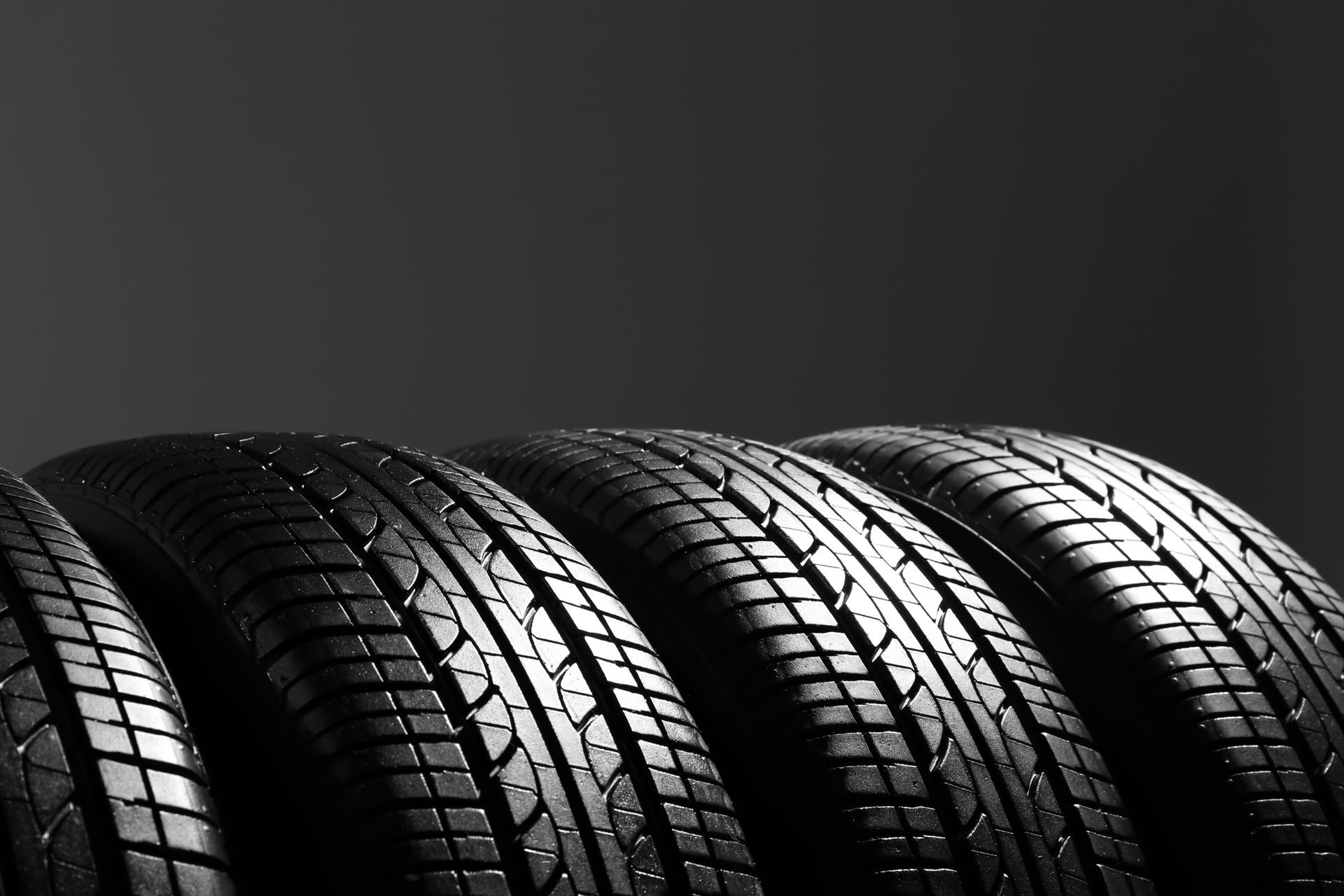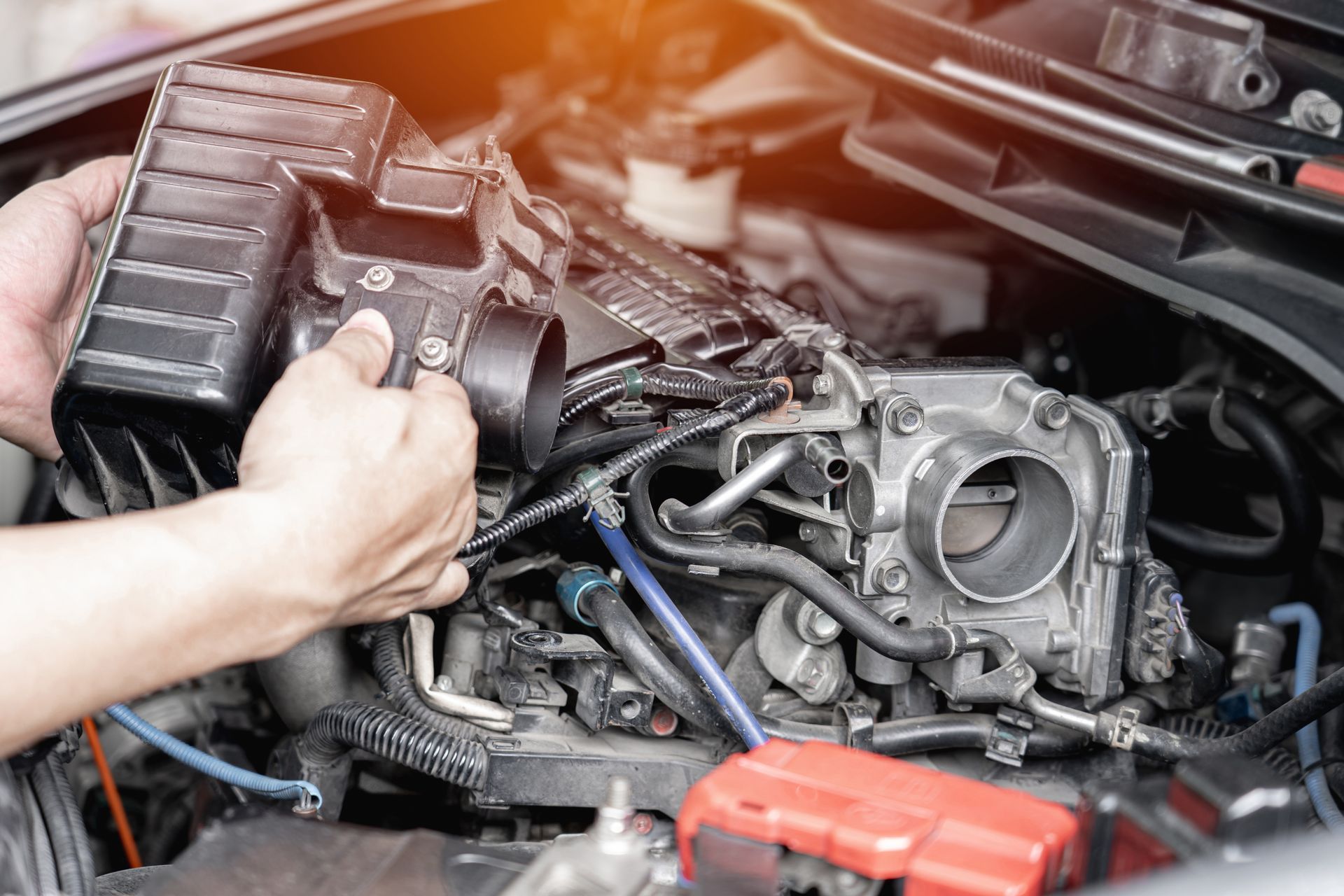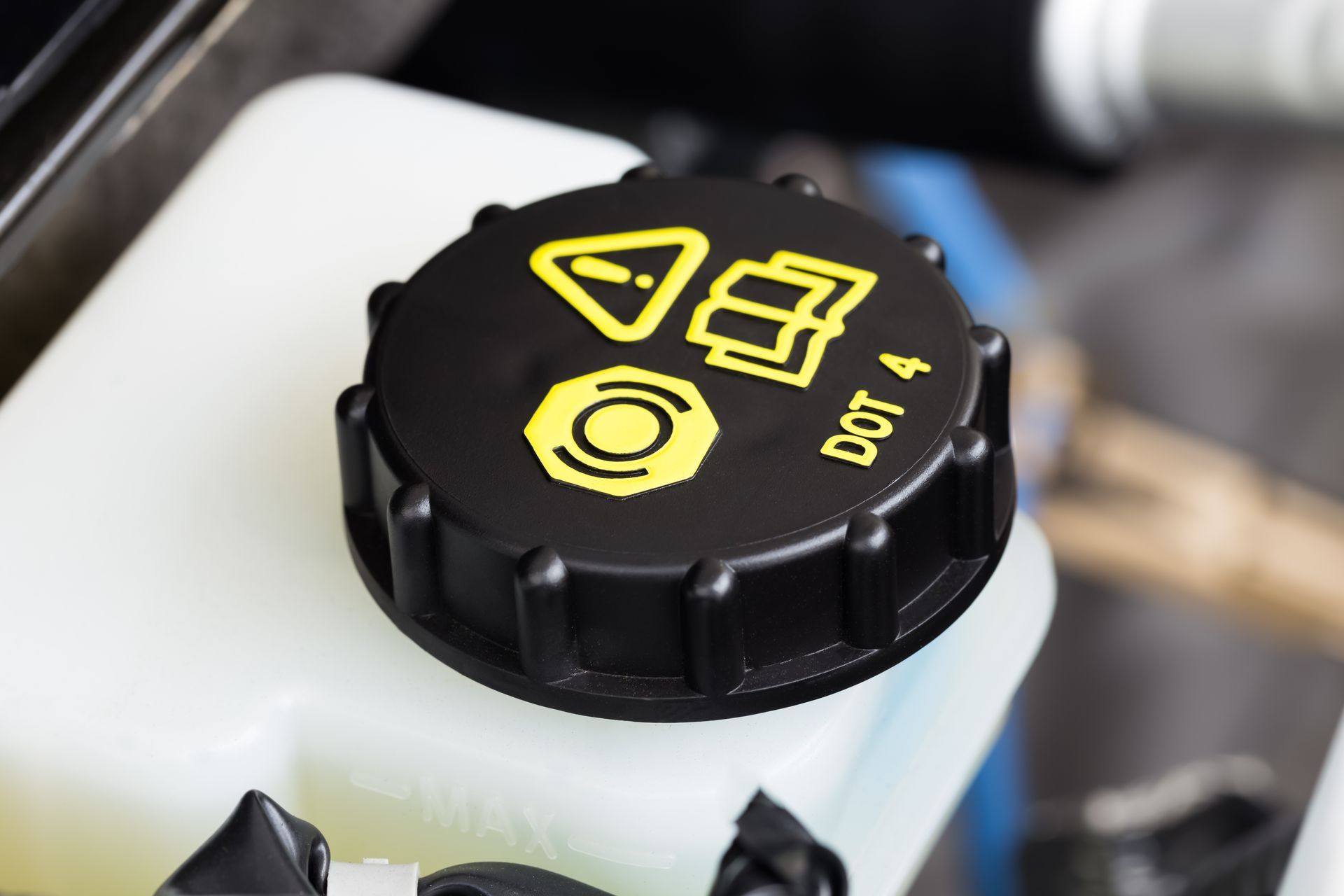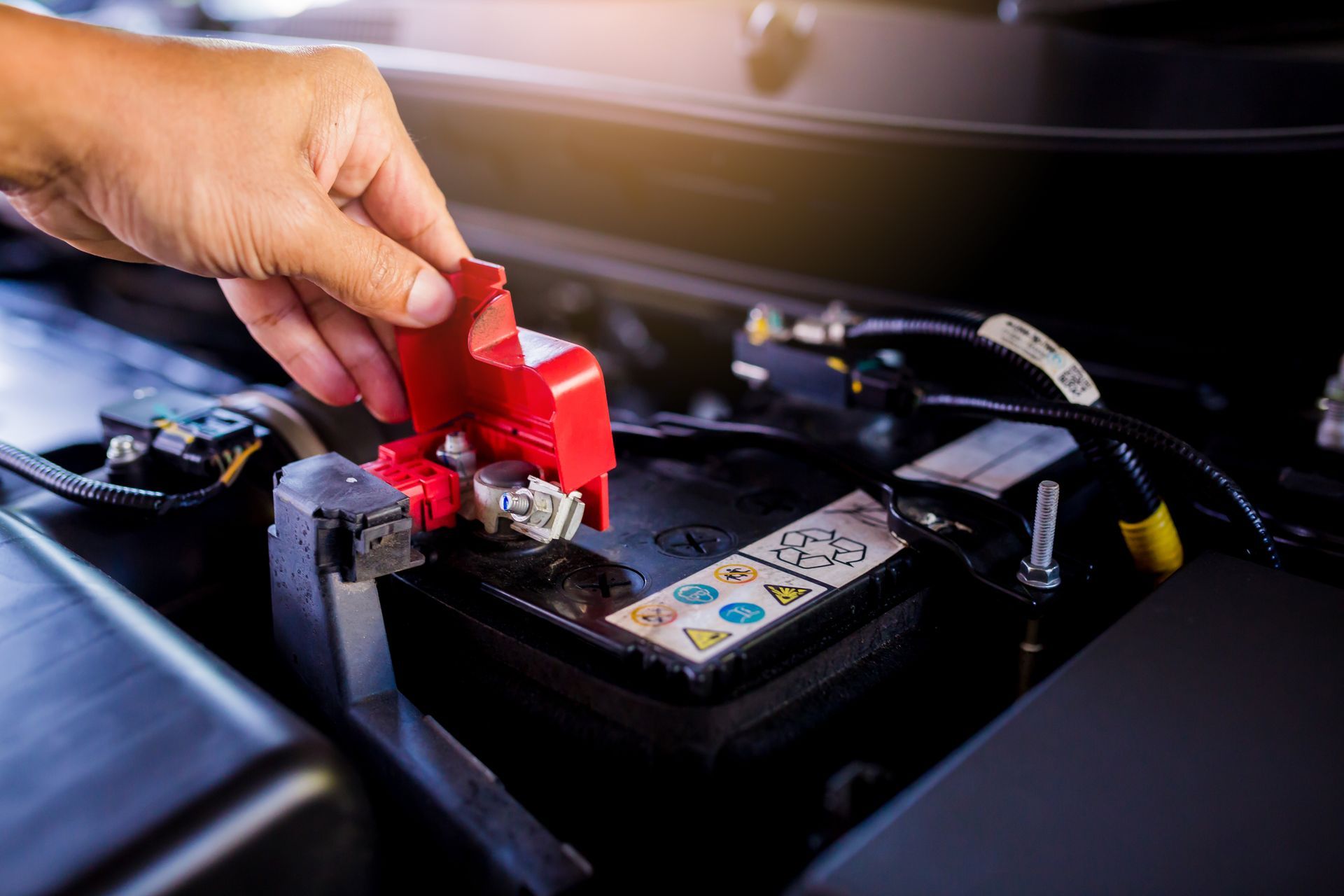Your fuel filter is quite important in how your engine runs. It screens out dirt, rust, and other debris from the fuel before it enters the engine. Without it, contaminants can clog injectors, wear down components, and throw off combustion. Over time, the filter itself starts to clog from everything it catches. That’s when fuel delivery becomes restricted, and you may start to notice small but growing performance issues.
Why Fuel Filters Don’t Last Forever
Filters are designed to trap tiny particles suspended in gasoline or diesel. As it collects more and more debris, the flow begins to slow down. At first, it might not be noticeable. But eventually, fuel pressure drops below the level the engine needs. Some vehicles have warning lights for low pressure, but many just rely on symptoms like sputtering or hesitation. Even if your car seems fine, a clogged filter puts stress on the fuel pump, which has to work harder to push fuel through a tighter space.
Hard Starts and Long Cranking Times
One of the earliest signs of a restricted fuel filter is difficulty starting the engine. You might notice it takes longer to crank, especially after the car has been sitting. The fuel system struggles to build pressure quickly because of the resistance at the filter. Over time, this puts more wear on the starter and the battery, even if the engine eventually fires up. In some cases, the engine may stall shortly after starting, particularly under load or during acceleration.
Sudden Hesitation or Power Loss While Driving
If your vehicle stumbles when you accelerate or feels like it’s starving for fuel on hills, the filter could be at fault. With restricted flow, the engine can’t get the fuel it needs when demand increases. You may press the pedal and hear the engine rev, but the response feels flat. This kind of hesitation isn’t always constant, which can make it tricky to track down without a proper inspection. It may come and go depending on throttle position, outside temperature, or fuel level.
Drop in Fuel Efficiency
A partially clogged filter can cause the engine to run lean or throw off the air-fuel ratio. In response, the system adjusts timing or enrichment to compensate. That leads to higher fuel usage even when your driving habits haven’t changed. If you find yourself refueling more often or notice a sudden drop in mileage, the fuel filter is one place to look. Many drivers don’t realize how much a dirty filter can disrupt the balance of fuel delivery and combustion.
Unusual Sounds from the Fuel Pump
When the filter is blocked, the fuel pump works harder to maintain flow. That extra strain can make the pump noisier than usual. You might hear a whining sound from the rear of the vehicle, especially at idle or when the tank is low. This noise isn’t always obvious with road noise or music on, but it’s worth listening for when parked. If the pump runs like that for too long, it can overheat and fail, turning the small fix into a major repair.
How Often Should the Fuel Filter Be Replaced?
Service intervals vary between vehicles, but most manufacturers recommend replacing the fuel filter every 30,000 to 60,000 miles. Some newer vehicles have lifetime filters integrated into the pump assembly, but for those that are serviceable, sticking to the schedule is important. Trucks, older vehicles, and cars driven in dusty or humid conditions may need more frequent replacement. Any time a technician drops the fuel tank or works on the fuel system, it’s smart to ask if the filter should be changed.
Why a Quick Inspection Isn’t Always Enough
Fuel filter issues don’t always show up during a casual check. Unlike air filters, they’re often buried in the fuel line or inside the tank. You can’t always see or feel the problem from the outside. Fuel pressure tests and flow measurements are more reliable ways to diagnose a clogged filter. These require specialized tools, so it’s best to bring the vehicle to a shop that works on fuel systems regularly and understands how to test pressure at the rail and pump.
Fuel System Service in Destin for Smooth Performance
A restricted fuel filter can lead to weak acceleration, poor mileage, and eventually a no-start condition. Replacing it at the right time keeps your engine running strong and protects expensive components like the pump and injectors. If your car is showing any of the signs above, it’s a good idea to have the fuel system checked before things get worse.
Schedule a Fuel Filter Check at Destin Auto Center in Destin, FL
The team at
Destin Auto Center can diagnose fuel pressure problems, test flow rates, and replace your filter with the right part for your vehicle. If you're experiencing hesitation, hard starts, or reduced mileage, let us take a look. We’ll help keep your engine running clean and efficient.

